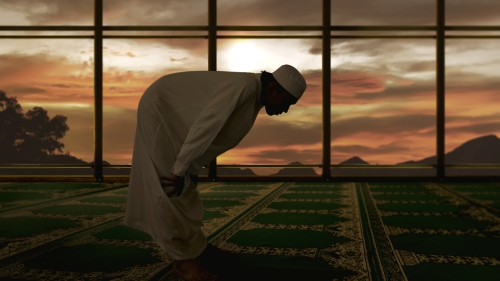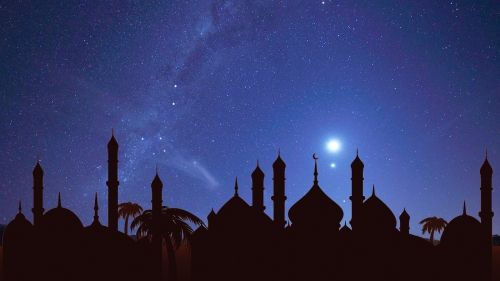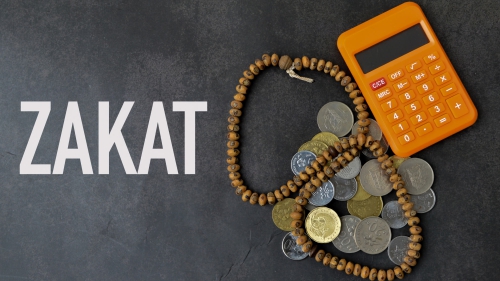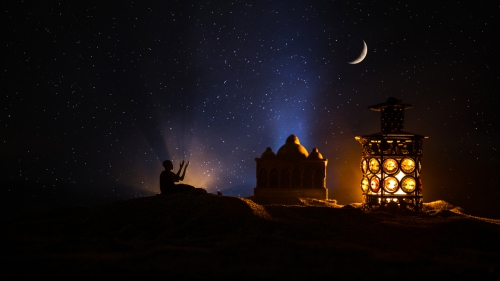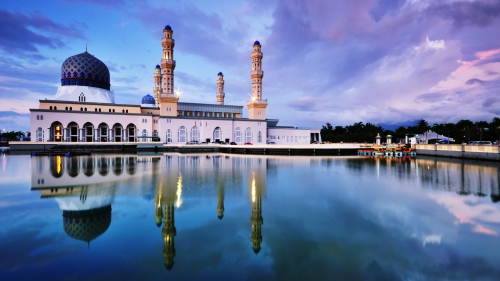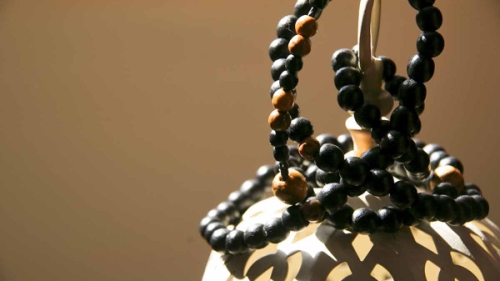This Ramadan, America Needs Its Muslims
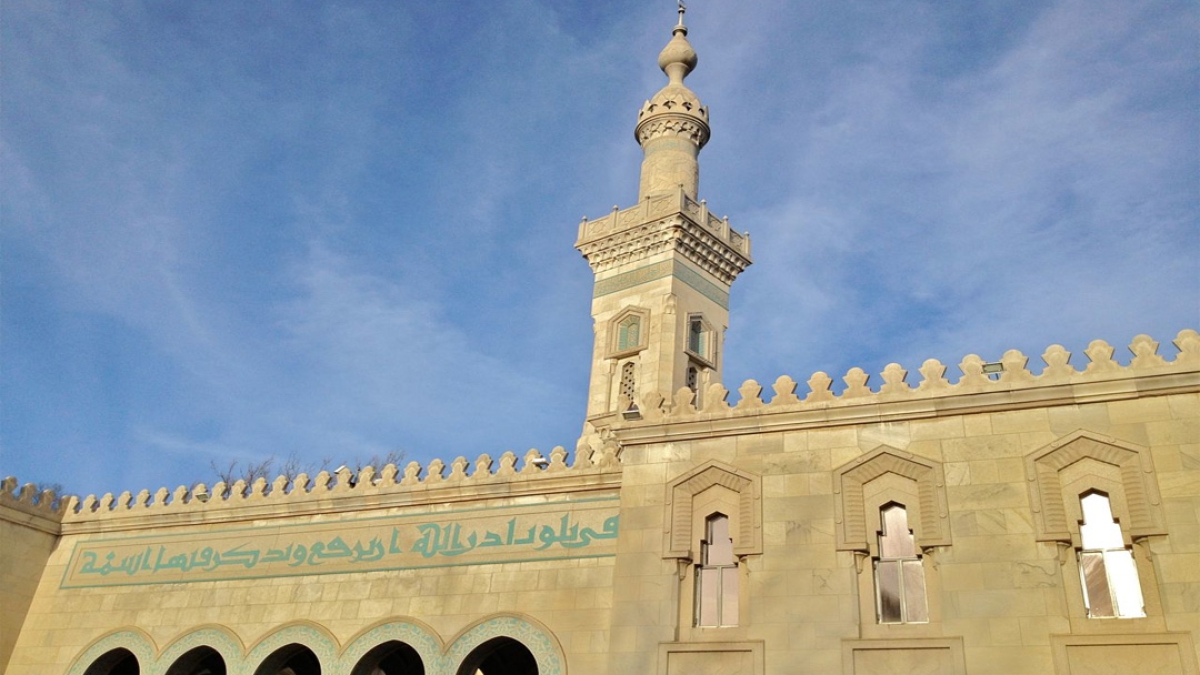
True piety does not consist in turning your faces towards the east or the west -- but truly pious is he who believes in God, and the Last Day; and the angels, and revelation, and the prophets; and spends his substance -- however much he himself may cherish -- it -- upon his near of kin, and the orphans, and the needy, and the wayfarer, and the beggars, and for the freeing of human beings from bondage; and is constant in prayer, and renders the purifying dues; and [truly pious are] they who keep their promises whenever they promise, and are patient in misfortune and hardship and in time of peril: it is they that have proved themselves true, and it is they, they who are conscious of God. (Quran 2:177 Asad Translation)
Ramadan is about remembrance and return -- remembrance of the origins of Islam, and return to its essence.
Ramadan is the month that Muhammad , a respected merchant in late-sixth- and early-seventh-century Arabia, would retire to a cave on Mt. Hira for a period of fasting, praying and giving alms to the poor. One night, during the last ten days of his monthly pilgrimage in the year 610, Muhammad
was visited by the Angel Gabriel (the same Angel Gabriel from the Bible), squeezed three times in the Angel's grip, and given the first lines of the Holy Qur'an: "Recite in the name of your Lord who created. Created man from a clot. Recite and your Lord is most generous" (96:1-3).
During Ramadan, Muslims fast to remember the moment God chose Muhammad as His Prophet; we fast to show gratitude for the message God sent through the Prophet; and we fast to seek God's strength in our pursuit of that message.
At its essence, the message of the Qur'an is about monotheism and mercy. Monotheism: That there is one God, our Creator, our Sustainer, our Guide. Mercy: God's most prominent quality, the quality God requires us to embody to our fellow human beings.
The most common Muslim prayer is, "In the name of God, the All-Merciful, the Ever-Merciful." The first lesson classical Muslim scholars taught their students was the famous saying of the Prophet Muhammad : "People who show mercy to others will be shown mercy by the All-Merciful." In Islamic revelation, Prophet Muhammad
is known as "the prophet of mercy." "Mercy", as the senior Muslim scholar in America Dr. Umar Abd-Allah writes, is "the stamp of creation."
Fasting inspires focus. So often we forget that we come from God, so frequently we neglect to maintain mercy. God guides Muslims to fast so that we may remember, and so that we may return.
We fast for our souls, but as the Ayah of the Qur'an above suggests, we fast for our surroundings as well. Ramadan in all its fullness inspires a renewed focus on our neighbors, especially the needy.
Traditionally, "the needy" have been understood as people who are physically bereft -- who need food or shelter or safety. Muslims, through their various organizations and charitable giving and rituals such as iftar meals during Ramadan, do an admirable job of meeting these needs. We could do more, and we should.
But there is a new need in certain parts of America today -- a need that Muslims are uniquely able to meet.
Some people in this great country are saying that the thought of American citizens praying in Arabic near Ground Zero makes them think of terrorists, not neighbors. Groups from California to the New York Island, from near the Redwood Forest to near the Gulf Stream waters, are willing to violate a core principle of this magnificent land to oppose mosques. Some listen to voices of fear mongers who make statements such as, "A mosque is not just a place for worship. It's a place where war is started." Some hold signs that say things like, "All I Need to Know About Islam I learned on 9/11."
These people have been introduced to an illusion -- to a twisted image of Muslims, to a false framework of conflict that pits Islam against America. But the prevalence of this illusion is not inevitable. This Ramadan, Muslims can do our part to set them free.
Now more than ever, America needs its Muslims to remember and return. America needs its Muslims to seek strength from our God of mercy, to follow in the footsteps of our Prophet of mercy, to fill our hearts with mercy and to change -- by our righteous example -- those around us who are not living up to their God-given potential for mercy.
May we inspire them to understand that the real conflict is between pluralism and extremism, not Islam and America. May we inspire them to be better Christians, Jews, Hindus, Humanists, Buddhists, Sikhs. May we inspire them to build with us an America worthy of our founding fathers and folk songs.
What a gift -- to our souls, to our community, to our country -- that Ramadan is starting now.
Eboo Patel is the founder and Executive Director of the Interfaith Youth Core, a Chicago-based institution building the global interfaith youth movement. He was recently appointed by President Obama to the Advisory Council of the White House Office of Faith Based and Neighborhood Initiatives.
Source: Huffington Post
Topics: Fasting (Sawm), Muslims, Ramadan Values: Compassion, Forgiveness, Mercy
Views:11272
Related Suggestions






